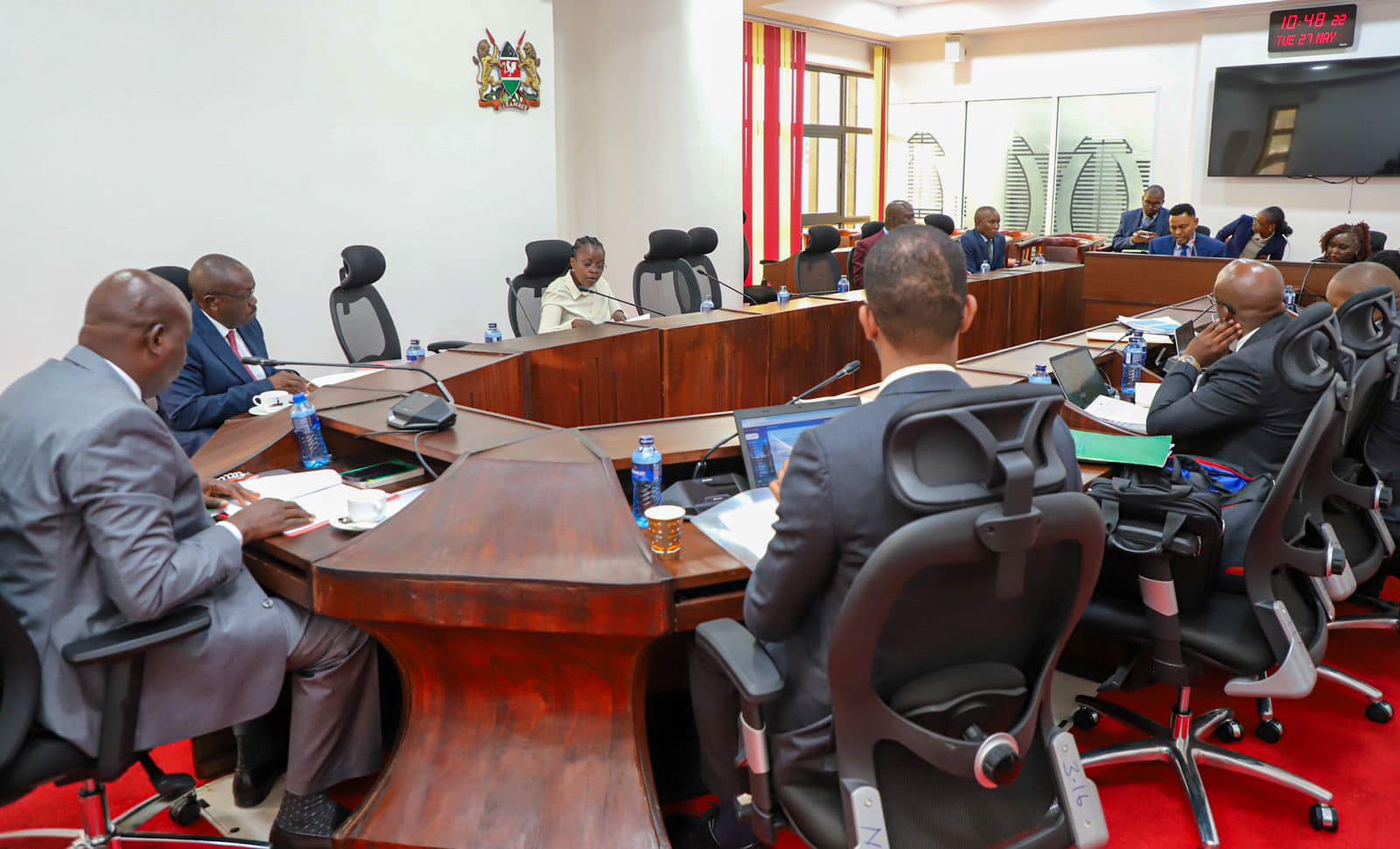CAF wants county assemblies freed from executive control in key Bill reforms

The County Assemblies Forum (CAF) has urged Parliament to ensure county assemblies are granted financial autonomy and legal recognition in the proposed Intergovernmental Relations Bill, 2024, warning that continued control by county executives undermines legislative work.
During a meeting with the National Assembly’s Departmental Committee on Regional Development at Parliament Buildings on Tuesday, CAF Secretary General Mwaura Chege said county assemblies are unable to function independently because their budgets are controlled by county executive officers.
"We can’t access our funds unless the executive allows it. Yet our budget is mostly operational, not for development projects. That’s the autonomy we’re asking for," he told the Committee, which is chaired by Sigor MP Peter Lochakapong.
CAF wants its budget allocations sent directly from the National Treasury, bypassing County Executive Committee Members for Finance, who currently oversee disbursement.
The Forum says this will help assemblies carry out their work without interference from governors or executive officers.
Mwaura said assemblies are constantly frustrated by officials they are supposed to oversee.
"They’re blocking Assemblies from functioning while they’re supposed to be accountable to them," he noted, adding that this imbalance has weakened the oversight role of MCAs.
The call for financial independence was backed by members of the Committee, including Mandera Woman Representative Kassim Umul Ker Sheikh, who recounted her experience as a two-term MCA.
"MCAs are often helpless, waiting on executives for funding. They need their operational budgets to work effectively," she said.
Embu MP Pamela Njoki Njeru said MCAs are routinely punished when they fall out with governors or county finance officials.
"MCAs are suffering. If they fall out with a governor or a CEC, everything stops. We need to break that cycle," she told the session.
Hon. Njeru noted the contradiction of MCAs vetting CEC Members only to be frustrated by them later.
Her remarks were echoed by Matungu MP Peter Nabulindo, who said financial dependence weakens MCAs’ ability to carry out oversight.
"If a CEC is signing off cheques for assembly operations, how can MCAs truly perform oversight?" he asked.
Vice-Chair of the Committee Paul Abour also linked the problem to a wider issue of executive overreach, noting that MPs face similar challenges with budget access when the executive is in control.
CAF also wants the Bill to formally recognise its role as a national body for all 47 county assemblies, similar to how the Council of Governors is anchored in law.
Since its formation in 2013, CAF has worked to promote legislative standards and unity among assemblies, but it still lacks legal status.
"CAF plays a critical oversight and consultative role in our devolved system. Legal recognition would institutionalize this role and restore balance between the legislative and executive arms at county level," Mwaura said.
He added that since the start of devolution, disparities in pay and authority have grown.
"This Bill must fix that imbalance," he said, pointing out that CEC Members now earn almost three times more than MCAs.
The Committee will now compile stakeholder views, including CAF’s submissions, and present a report to Parliament as part of the ongoing review of the Intergovernmental Relations Bill.
